Stay up to date with the latest news, announcements, and articles.
This leaves many wondering what the effect of the energy crisis will be on Bitcoin mining and crypto mining since these industries are so closely linked to energy markets. How will rising energy prices affect cryptocurrency prices and miners? Will critics of crypto mining succeed in banning mining? Will Bitcoin mining survive the energy crisis?
These are a few of the questions this article will look at. To begin, let’s take a closer look at the link between Bitcoin mining and energy.
The Relationship Between Bitcoin Mining and Energy
Bitcoin mining’s energy consumption is a controversial topic. Some consider it an important part of Bitcoin’s value proposition. Others see it as wasteful and harmful to the environment.
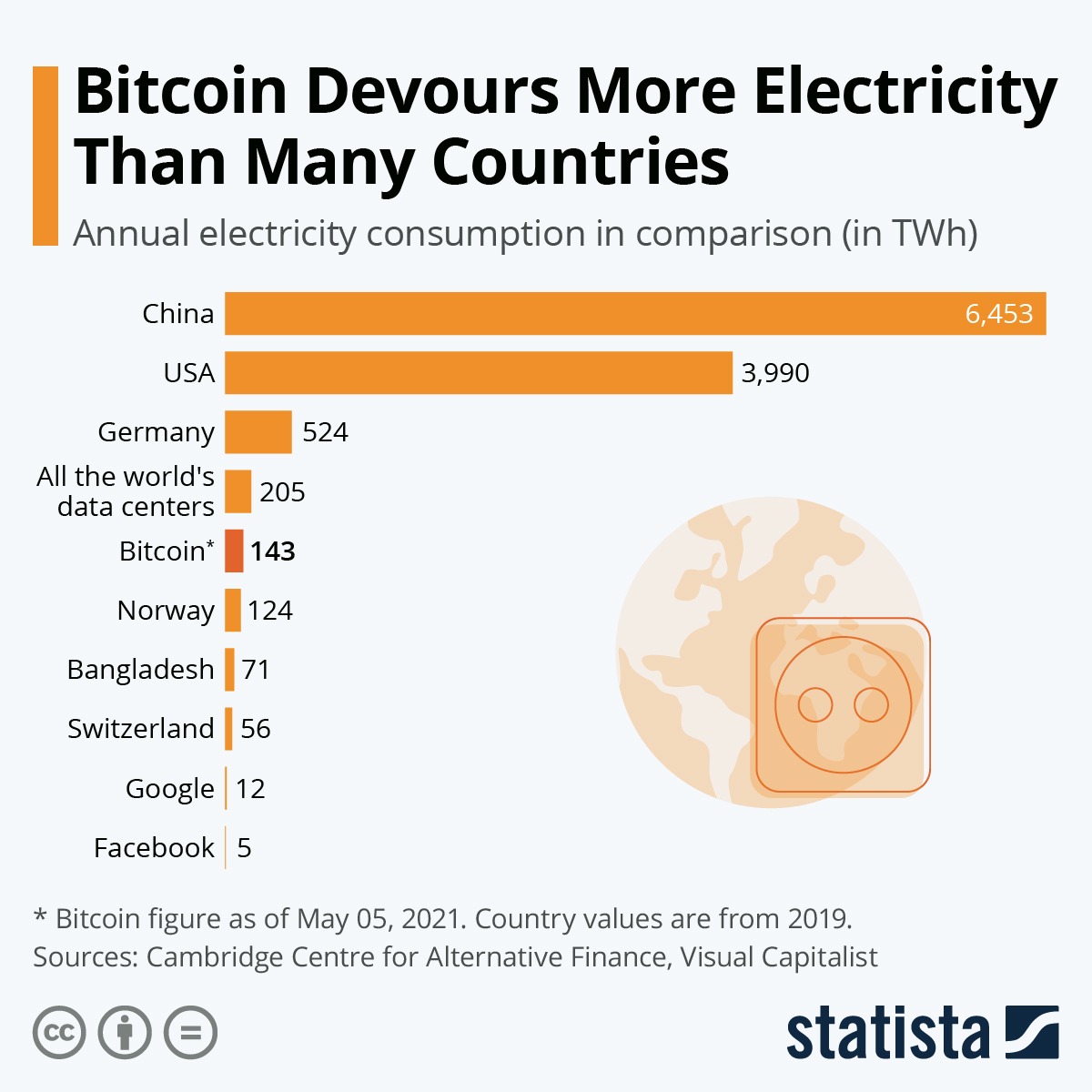
Value judgments aside, energy is essential to Bitcoin’s success, both in terms of cybersecurity and economics. On the one hand, the more energy required to verify transactions, the harder it becomes to fake transactions since attempting to defraud the network requires burning huge amounts of energy. On the other hand, the more energy required to mint new Bitcoins, the higher the price will be since the price reflects the cost of production.
But does Bitcoin actually need energy? In Bitcoin’s early days, it was very secure while consuming a small amount of energy. This is because Bitcoin’s price was low, so it didn’t make sense to spend a lot of money to try to scam the network. As the price went up, however, there was more potential profit in cheating. At the same time, mining became more profitable, causing more miners to join the network and boosting security.
So while Bitcoin depends on energy, it can also scale up and down to different levels of energy. This means that a shortage of energy is not likely to threaten Bitcoin. Nonetheless, there are other ways the energy crisis could affect crypto mining.
What Effect Will the Energy Crisis Have on Bitcoin Price?
Even if the Bitcoin network remains operational, will the Bitcoin mining industry survive the energy crisis? In the short term, higher energy prices will raise costs for miners, which could force them to sell Bitcoin, pushing down prices. However, higher production costs may also mean that miners demand higher prices to cover their expenses.

Higher electricity costs could hit miners with limited capital reserves especially hard. If they don’t have the cash to cover these expenses, they may be forced to shut down their operations and sell their equipment.
If miners go out of business, the same number of Bitcoins will still be mined according to Bitcoin’s block timing, but the block rewards will go to a smaller number of miners. This means that miners who make it through difficult times will end up making bigger profits. It also means that the cost of production of new Bitcoins could go down, leading to lower prices and even more pressure on miners.
This may sound like bad news for the Bitcoin mining industry, but for well-positioned miners, it could also be a big opportunity.
Opportunity in Crisis
Rising energy prices may actually lead to cheaper electricity for some miners — but only for those who are willing to adapt to the changing conditions. Electrical production and power grids worldwide remain extremely inefficient. One of the main reasons for this is the distance between energy production and energy consumption.
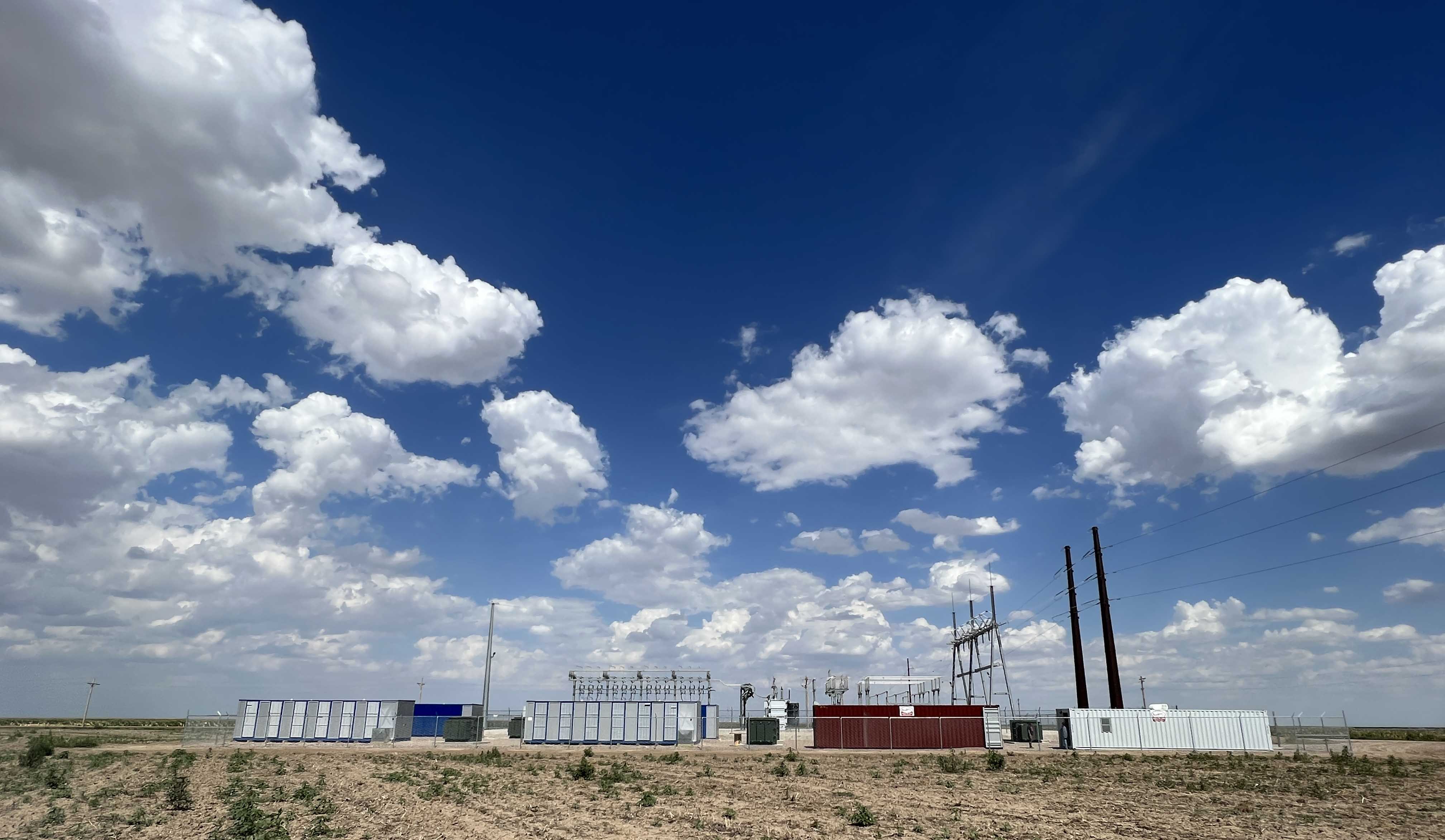
Naturally, nobody wants a coal-burning power plant in their backyard, and not everyone can live next to a hydroelectric dam. It’s also difficult for power plants to scale energy production up and down to meet demand. To make sure there is always enough energy available in the grid, power plants have to consistently produce extra electricity.
Bitcoin mining has the unique property of being able to purchase energy anywhere, at any time. This means that energy producers can work with Bitcoin miners and can have buyers for excess energy at or near the place of production. So far, few energy producers have taken advantage of this possibility.
Higher energy prices will lead to a lot of pressure on governments and utilities to lower energy prices. If energy producers work with Bitcoin miners, they can actually increase their profits by selling energy that would otherwise be wasted. With power plants working more efficiently and generating higher revenues, energy costs will be lower for consumers.
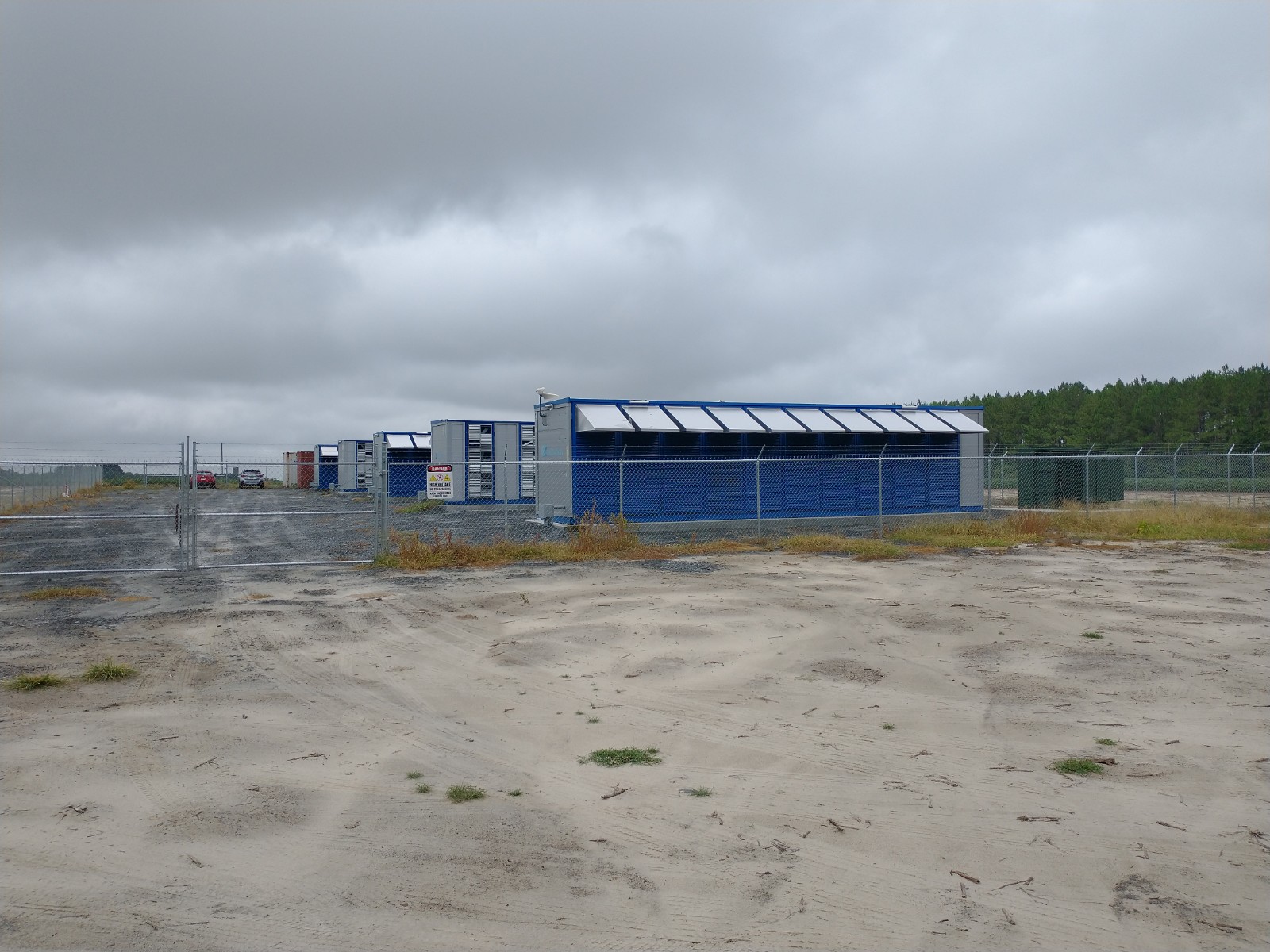
Possible Legal Responses
There has been talk in some countries about banning Bitcoin mining for a long time.
The energy crisis could intensify this pressure. At the end of the day, though, money talks, and if Bitcoin mining remains profitable, governments are going to want a share of the tax revenue.
However, in other cases, governments have moved to ban mining operations that use carbon-based fuel sources. Similar laws designed to deal with the energy crisis may force a major restructuring of mining operations.
It’s also possible that governments will realize that Bitcoin mining can make energy grids more profitable and efficient and provide legal incentives to encourage closer partnerships between utilities and miners. This could expand the options available to miners and make up for other lost energy sources.
Macro-Pressure on Currencies
Ultimately, as long as Bitcoin mining is profitable, people will find a way to do it. Even if some countries outlaw it, other countries looking for income will open up to miners. A recent example of this is El Salvador opening up to Bitcoin investors and mining.
The energy crisis could lead to some pressure on Bitcoin prices in terms of its direct effect on miners, but the effect on the economy overall could counter this. Although some try to deny it, it’s likely that there is a link between huge COVID stimulus packages and soaring inflation rates. The energy crisis could trigger more big government spending programs as governments try to survive the political backlash of higher prices.
If governments try to use “money printing” to get themselves out of trouble, it could lead to a loss of confidence in fiat currencies and a huge surge of demand for cryptocurrencies. This is already happening in many low-income countries, but there are signs that it could also happen even in the world’s biggest economies.
In August 2022, inflation in the Eurozone reached an all-time high of 8.9%. The situation was similar in the US, with an inflation rate of around 8.5%, a 40-year high. Economists are divided about the effect of the stimulus packages, but even fear of inflation alone could drive demand for cryptocurrencies.
If governments start announcing more stimulus programs, it could trigger fears about inflation getting even worse. This could drive more buying pressure for cryptocurrencies, boosting Bitcoin mining.
Shifting Cost-Benefit Analysis for Renewables
With oil and gas prices rising, solar, wind, and other renewable energy forms might start to make economic sense in places where they didn’t before. Bitcoin can actually make it more likely for homes and businesses to start using renewable energy.
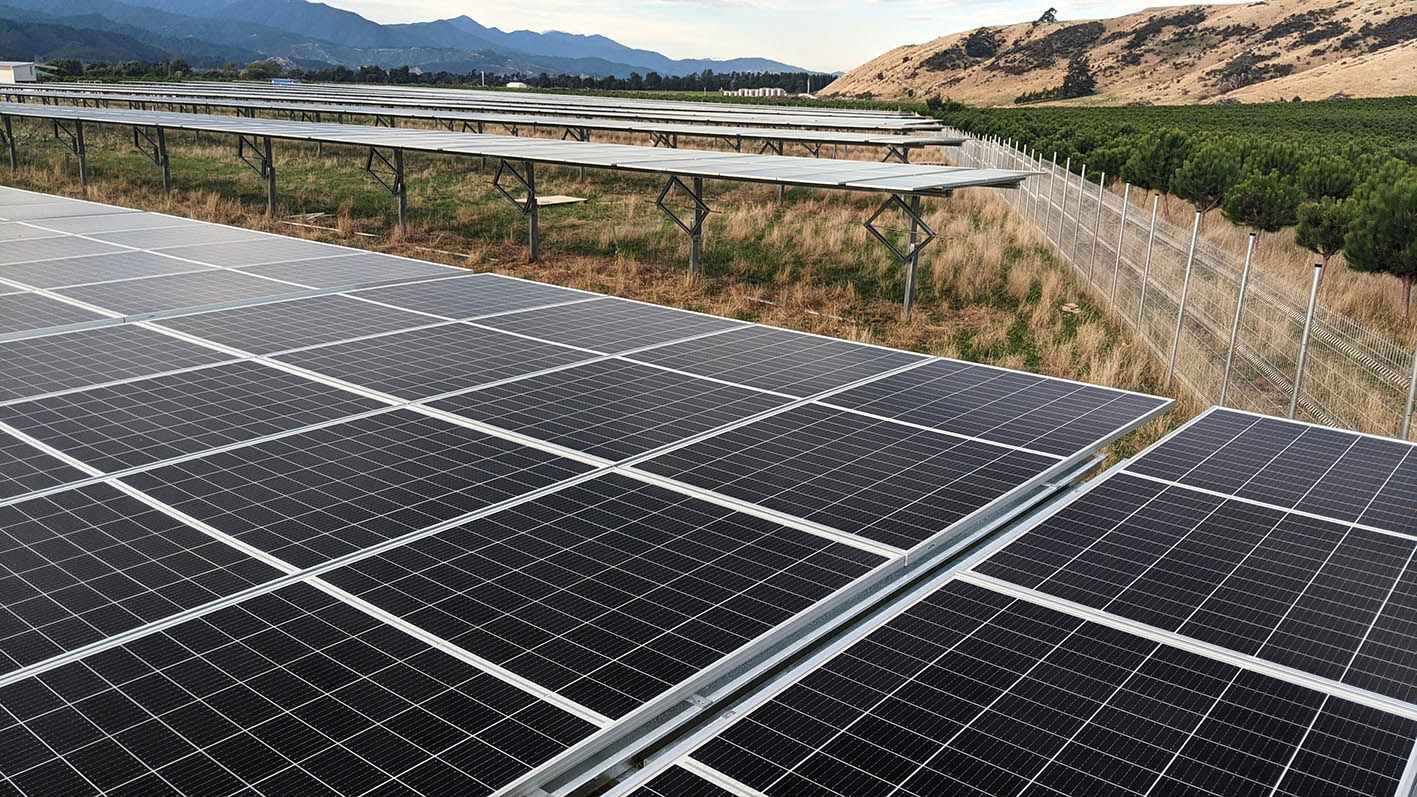
Small-scale renewables present the same kind of opportunity for mining that is available at big power plants. For example, if someone wants to install a $40,000 solar system for their home, they may calculate that it will take five years for the system to pay for itself. If all of the excess power produced by that system were used to mine Bitcoin, it might only take four years and also provide a small revenue stream.
Small subcontractors could develop devices and then offer to operate miners near homes and offices that run on solar energy and pay a fee to the owners of the properties. Since Bitcoin miners are so loud, this might not be as popular as industrial-scale mining near power plants, but it could still have a major economic impact.
Read more about solar bitcoin mining.
Can the Energy Crisis Kill Mining?
There are so many factors at play that it’s difficult to predict how everything will play out. In any case, there is definitely the potential for the energy crisis to affect Bitcoin mining negatively. At the same time, it’s also possible that the crisis could be a blessing in disguise.
Even in the worst-case scenario, it’s unlikely that the mining industry will be wiped out completely. It could cause some chaos and restructuring, but not every country will be affected by the energy crisis. Some countries, like Iceland, are completely energy self-sufficient. Even if the situation gets really bad in some regions, mining can expand in more stable areas.
The more likely scenario is that the energy crisis may cause some short-term difficulties, but in the long term, it will make the mining industry much stronger. Miners may be forced to become more efficient and develop stronger partnerships with utilities and governments. With more utilities opening up to mining, there could be lots of opportunities to secure low-cost contracts.
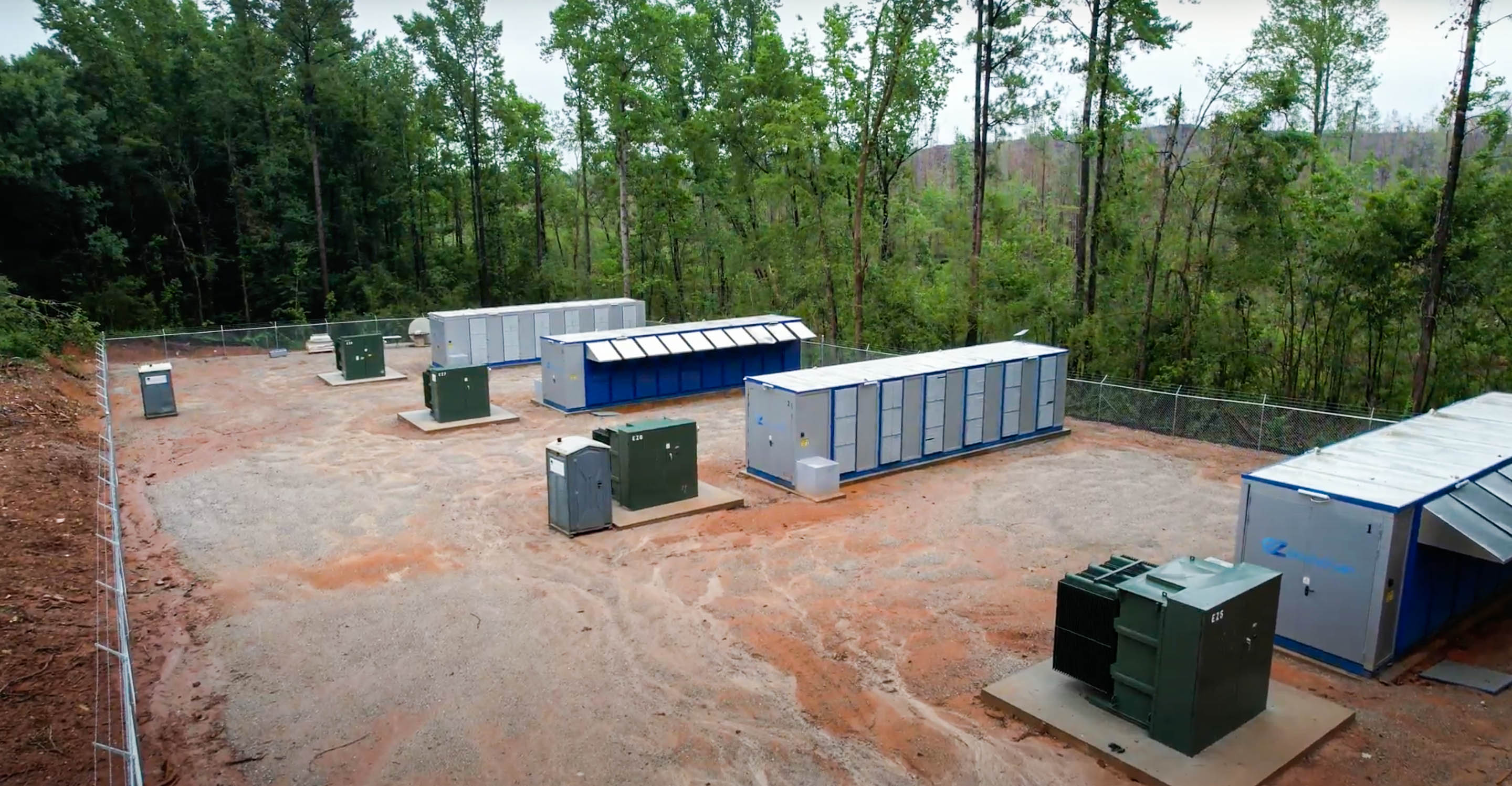
This may require developing some additional expertise in some cases. It could be necessary to configure miners so that they can communicate with utility grids and shut them on and off according to fluctuations in demand. However, for versatile miners with access to capital, the future looks bright, even with the looming energy crisis.
Fill out a form and our bitcoin mining expert will contact you.
FREE CONSULTATIONchoose
a miner
profit and
understand data?
business remotely
with EZ Blockchain?
Fill out a form and our bitcoin mining expert will contact you.









